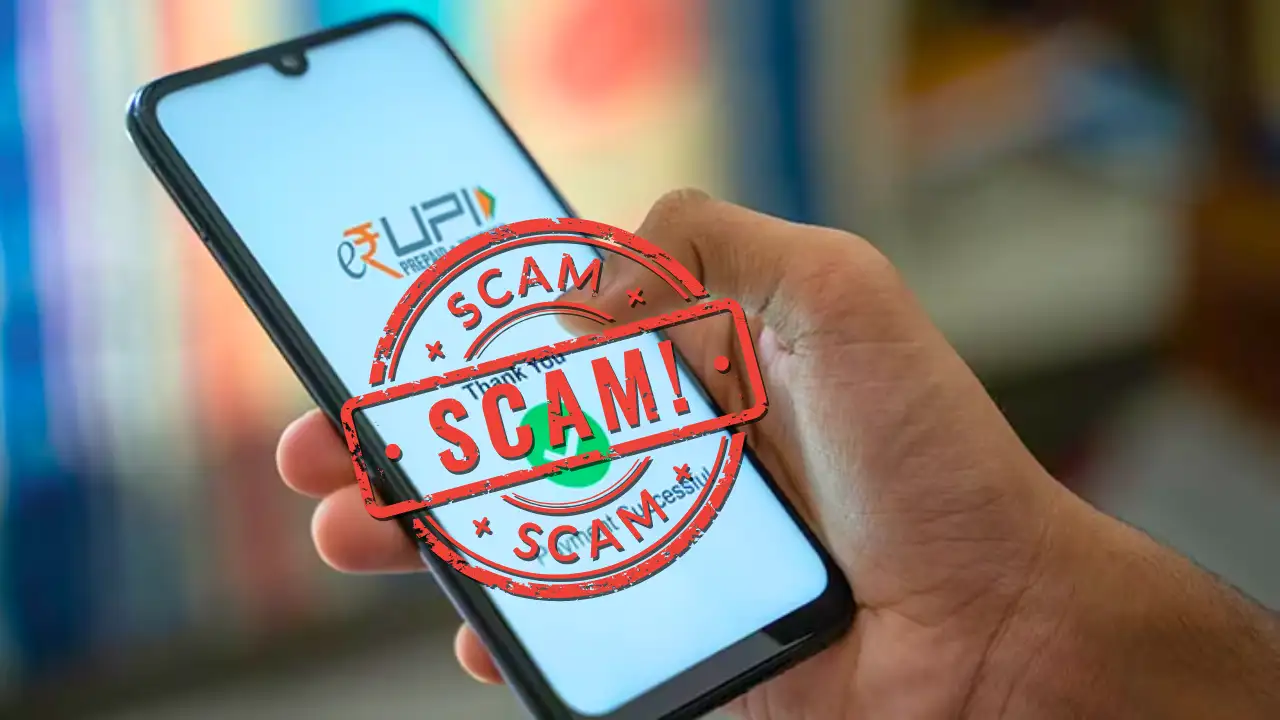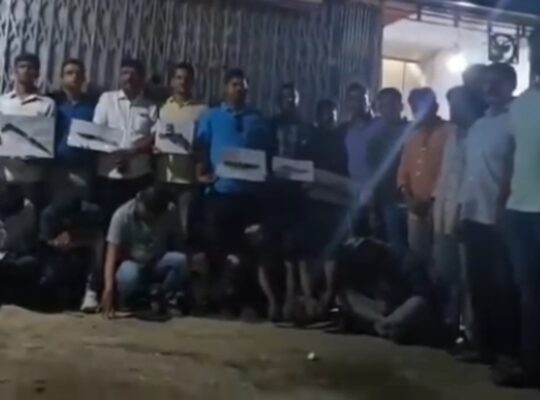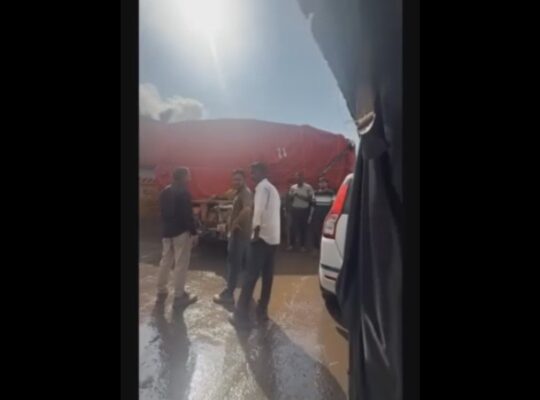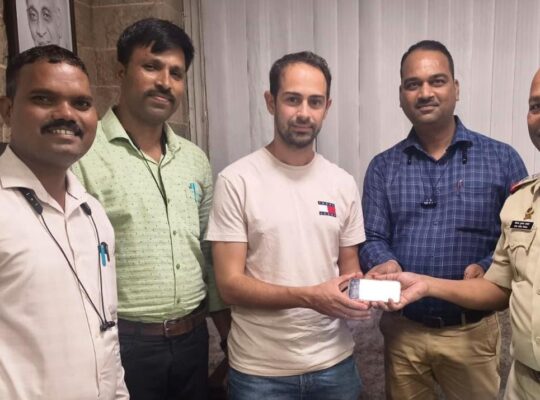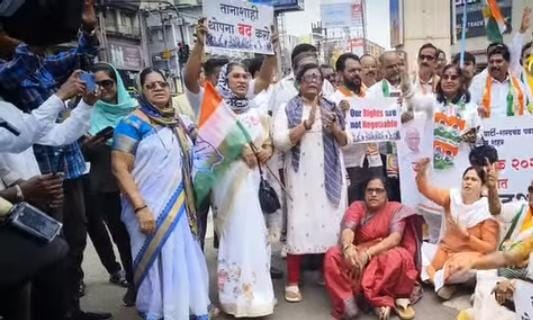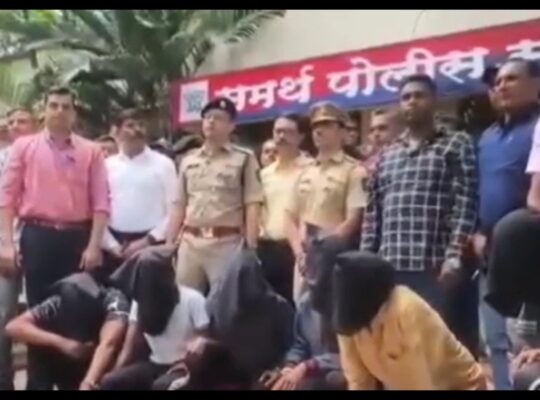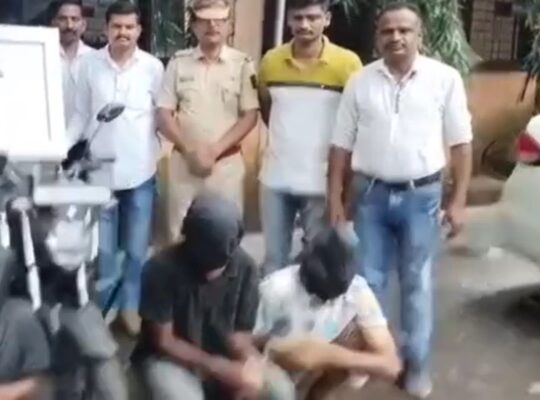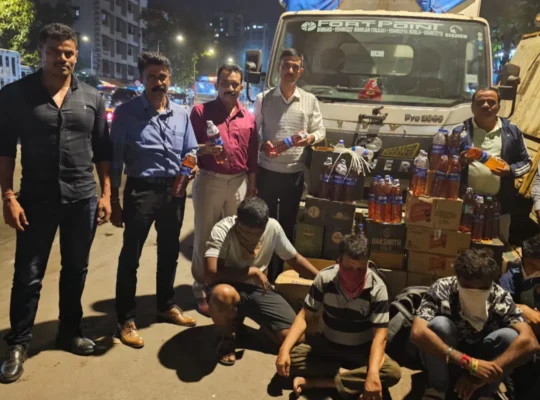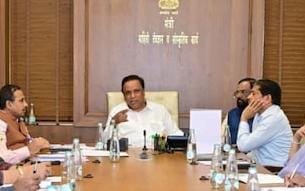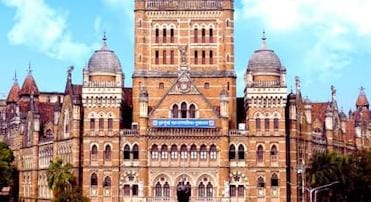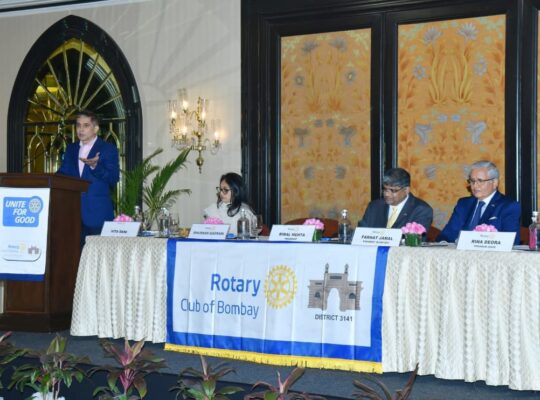What started as a petty argument over an overpriced fare ended with a lawyer in Mumbai losing over ₹90,000 in a digital scam — all within the span of a 20-minute auto ride.
The lawyer, commuting from Andheri to Bandra, was quoted ₹1,500 by an auto-rickshaw driver — a fare clearly inflated, and with no meter in sight. He argued. The auto driver insisted. Tired, and in a hurry, the lawyer finally agreed to pay.
But there was another problem: he’d forgotten his glasses at a restaurant earlier. Unable to see the screen properly, he asked the driver to type in the amount for the UPI transfer.
The driver obliged — but not with ₹1,500.
The lawyer scanned the QR code, trusting it was done right. Within seconds, ₹90,518 was drained from his account.
The driver vanished.
The realization came late. But the lawyer acted fast, filing a complaint at Bandra Police Station. Authorities have launched a probe under the IT Act and IPC sections for cybercrime, suspecting this may be part of a larger network of QR-code fraudsters preying on vulnerable commuters.
A city that thrives on speed now faces scams just as fast.
Police have one clear message:
Never agree to off-meter rides. Never let anyone else type in the amount. And always verify before scanning.
Even when tired. Even when in a hurry.
Because scams aren’t always about high-tech hacking.
Sometimes, they start with something as small as forgetting your glasses.

